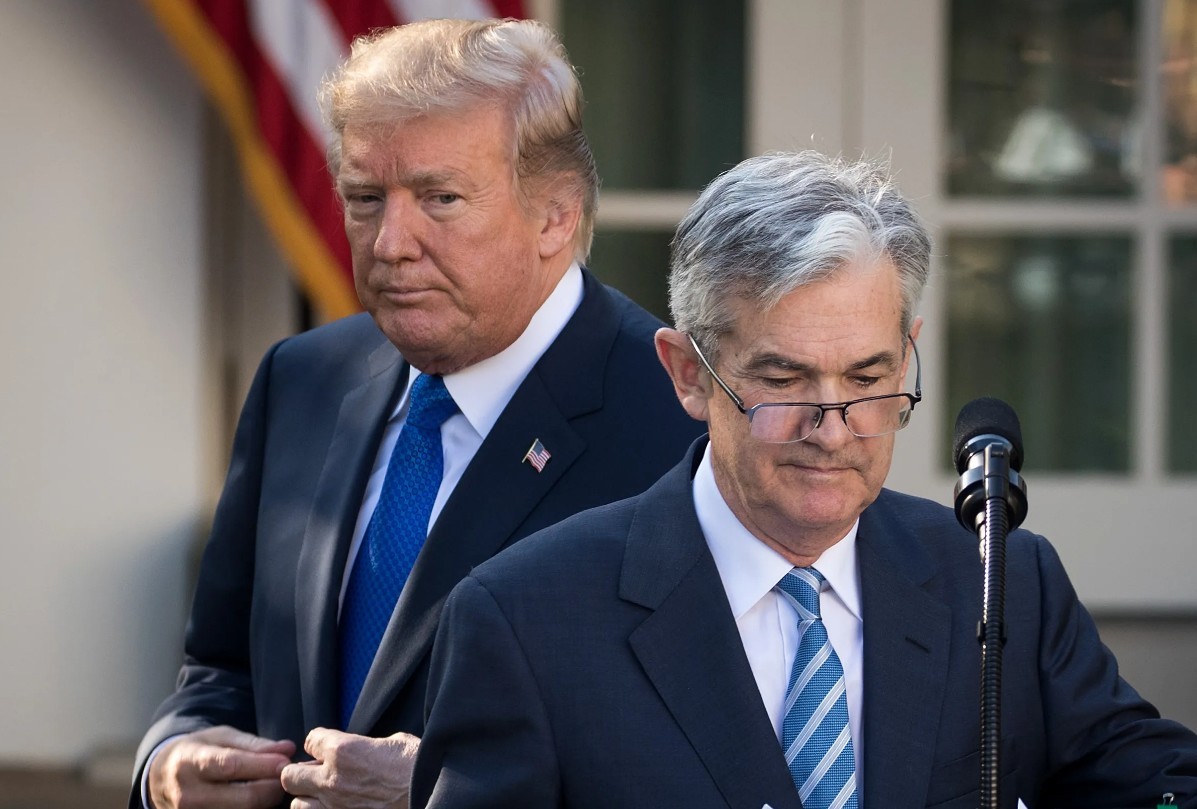Powell Defends Fed's Decision to Hold Off on Rate Cuts as Tariff-Driven Inflation Concerns Loom and a Wait-and-See Approach
Federal Reserve Chair Jerome Powell defended the central bank’s cautious stance on interest rates on Tuesday during his testimony before Congress, emphasizing the need to wait for more clarity on infl

Federal Reserve Chair Jerome Powell defended the central bank’s cautious stance on interest rates on Tuesday during his testimony before Congress, emphasizing the need to wait for more clarity on inflation and economic trends before making any policy adjustments. His remarks come amid rising concerns that tariff measures—particularly those championed by President Donald Trump—could fuel further inflation, complicating the Fed’s path forward.
“We are not cutting rates now because both internal and external forecasts suggest that inflation is likely to rise significantly this year,” Powell said. He noted that while the U.S. economy remains solid and is not currently in a recession, it is too early to assess the full impact of geopolitical tensions in the Middle East on growth.
In his prepared remarks, Powell reiterated that “policy changes continue to evolve, and their effects on the economy remain uncertain.” He stressed that the Federal Open Market Committee (FOMC) is “well positioned to wait to learn more about the likely course of the economy before considering any adjustments to our policy stance.”
Powell acknowledged that there are multiple possible paths for interest rates going forward. If inflation turns out to be less robust than expected, or if the labor market weakens, it would be appropriate to cut rates sooner rather than later. However, if inflation and labor market indicators remain strong, rate cuts may need to be delayed, he noted.
The chairman also highlighted that the majority of policymakers still believe a rate cut later this year would be appropriate, depending on how economic data unfolds. “The situation is constantly evolving” Powell stated, reflecting a data-dependent and flexible approach.
Notably, Powell also pointed to the inflationary impact of tariffs. Due to recent tariff measures, inflation is expected to rise, he said.
Meanwhile, President Trump has renewed his attacks on Powell, calling him a “numbskull” and claiming that a 200-basis-point rate cut would save American consumers $600 billion annually. Trump also mocked Powell’s tone and judgment, insisting that the Fed should delay rate hikes until inflation becomes a confirmed threat. “I may have to force something,” Trump added—a remark that raised fresh concerns over the Fed’s independence.
Despite political pressure, Powell remained firm on the Fed’s commitment to independence and data-driven policymaking. Rate changes will depend on where the economy is headed, he said.
Disclaimer: The views in this article are from the original Creator and do not represent the views or position of Hawk Insight. The content of the article is for reference, communication and learning only, and does not constitute investment advice. If it involves copyright issues, please contact us for deletion.